#brexit
From Across the Channel Came Cars Bearing Tariffs
The UK auto industry pales in comparison to the nearby German juggernaut, though Britons looking to purchase a new vehicle in the coming years might discover their preferred Teutonic ride has suddenly jumped in price.
That’ll be the reality come 2021 if the UK can’t come up with a new trade deal with its newly distant European Union neighbors. Post-Brexit, the country has no other choice at the current time but to impose default World Trade Organization tariffs of 10 percent on all European-built vehicles.
Brexit Complications Reportedly Delay Next Mini
BMW Group has delayed the development of a next-generation Mini Cooper, citing a need to reduce cost and comfortably navigate Britain’s trade relations with the European Union after Brexit.
Considering Europe has had since June of 2016 (when the referendum took place) to figure all this out, it feels silly that the region is still in a panic. Yet that’s reality in which we live. Despite the United Kingdom voting to withdraw from the European Union years ago, the decision received an immense amount of pushback. Negotiations stalled, arrangements went unmade, and the UK eventually voted in a gaggle of Conservatives in the last election — giving them a strong majority in Parliament.
That new political makeup, which includes Prime Minister Boris Johnson, meant Brexit could finally happen. But it doesn’t undo the wasted years that failed to produce a comprehensive trade deal between the UK and EU, or the resulting complications.
Back to Normal: U.S. Auto Tariff Threats Return for EU
On Wednesday, President Donald Trump threatened to impose fresh tariffs on European automotive imports if the region can’t work out a trade deal with the United States. The good news is that the U.S. is already in the opening stages of negotiation with the United Kingdom, which is due to leave the EU at the end of January. British Prime Minister Boris Johnson has even said a key benefit of Brexit is the ability to negotiate with countries like the U.S. independently.
Unfortunately, the rest of Europe doesn’t seem as eager to do business — encouraging Trump to fall back to tariff threats. But there’s clearly a retaliatory angle here. In 2018, the EU threatened punitive tariffs on traditionally American items like whiskey and motorcycles as a response to Trump’s intent to impose tariffs on steel and aluminum. He’s targeting French goods this time, mentioning 100-percent fees on imported luxury goods from France (champagne, handbags, etc.), additional levies on digital services, and a 25 percent duty on European cars.
Jaguar Land Rover to Close UK Factories in November, Cites Brexit
Jaguar Land Rover intends to close factories in the United Kingdom for a week in November. While the move is to safeguard the company against a messy Brexit, the company has said it will take place whether or not the nation actually splits from Europe at the end of October. JLR Chief Executive Officer Ralf Speth confirmed the company’s decision late last month.
Brexit has been a long time coming. While the UK voted to leave the European Union over three years ago, considerable energy has gone into postponing the event to either undo the vote (via a follow-up referendum) or delay things long enough to reach a trade agreement with the EU. Automakers have encouraged a deal in order to avoid supply chain disruptions. However, Prime Minister Boris Johnson has said the nation has waited long enough, promising a no-deal Brexit on October 31st if an accord cannot be reached beforehand.
While JLR won’t be the only automotive manufacturer to temporarily shutter European plants over Brexit fears, reports suggest it’s likely to be the one with the broadest implications.
Ford Plans to Cut More UK Jobs in European Restructuring
Having already announced plans to cut thousands of jobs in Europe in an effort to stem the region’s ongoing cash hemorrhage, Ford has reportedly begun re-examining the United Kingdom. Initially, the automaker’s restructuring plan involved ending production at a transmission plant in France, killing the C-Max in Germany, and dissolving its Ford-Sollers joint venture in Russia.
While Ford hoped to shed as many employees as possible through voluntary retirement, it acknowledged it would have to fire at least 5,000 people in Germany and an unspecified number of U.K. citizens in March. The company hasn’t settled on a figure, though inside sources claim it should be no more than 550 jobs — all of which should be of the non-manufacturing variety.
Ford Threatens to Pull Out of the United Kingdom
Ford Motor Company has reportedly informed British Prime Minister Theresa May of its tentative plan to move out of the United Kingdom. The automaker explained the situation to May during a private call with business leaders tasked with assessing how Brexit might impact the economy. Ford said it was already preparing to move its facilities — which include two engine plants, a transmission factory, and an R&D center — abroad.
With the European Union and British government still unable to establish trade terms, automakers are having a panic attack. Ford later told Reuters that a no-deal Brexit would be catastrophic for its European-based businesses, citing earlier claims that it would cost the manufacturer up to $1 billion.
Automakers Understandably Freaking Out Over 'No Deal' Brexit
With Britain’s parliament rejecting Prime Minister Theresa May’s latest Brexit deal, European automakers stand to face some strong headwinds in the near future. As of now, no clear path lies ahead. Many believe the European Union will continue playing hardball, punishing Britain for leaving. But, even if it doesn’t, loads of regulatory and trade issues must be resolved in short order to avoid problems.
There’s also no shortage of hyperbole surrounding the issue. Just this morning I heard cable news call it “the largest crisis in Britain’s history,” as if World War II never happened. A channel away, another outlet proclaimed how splendid it would be for trade between the United Kingdom and United States.
Regardless of which side of the fence you fall, there’s more at stake here than Theresa May’s job. Automakers, who like consistency above all else, worry a no deal plan for “British independence” could be tantamount to flipping the industry table. They don’t like being caught up in the uncertainty surrounding Brexit, and there appears to be an endless list of issues to contend with.
Rapide Attempts To Vanquish Brexit: Aston Martin Stockpiling Cars in Germany
Brits have now been grappling with their Brexit situation for what now seems like an interminable amount of time, with no shortage of digital ink and political hot air spilled about the subject.
Looking past all the posturing, however, a disorderly departure from the EU could contain serious ramifications for companies making products in Britain, and fancy-pants Aston Martin has initiated a contingency plan to handle a “no deal” Brexit. Prepping for a worst-case scenario, the company is stockpiling cars in … Germany.
Britain's Auto Industry Foresees Doom Without EU Deal Before Hard Brexit
Mike Hawes, chief executive of the Society of Motor Manufacturers and Traders (SMMT), Britain’s main industry group, claims automakers were becoming increasingly concerned with the nation’s departure from the European Union. Prime Minister Theresa May wants a solution that would allow Britain to maintain strong trade ties with the EU while allowing her country to maintain autonomy, but hasn’t found much success.
U.S. President Donald Trump claims a deal with the United Kingdom is absolutely possible, saying the relationship between the two countries is “the highest level of special” late last month. But he also noted that the EU would complicated matters if Britain adhered to its trade laws after Brexit, which is just eight months away.
The European Union doesn’t seem to want to let Britain go, and is nudging the country to stick to its rules by not venturing out to make its own trade arrangements. Critics say this effectively makes the island nation a “vassal state” to the EU, completely defeating the point of Brexit. However, many are fearful that leaving the union and ignoring its mandates could have negative repercussions in the long term — especially in regard to finance and trade.
Ford Continues Fighting for Europe
Ford Motor Company has a lot invested in Europe. While the continent spent decades operating facilities under the lose leadership of Ford of Britain, Detroit acquired direct ownership in 1950. From there it extended its influence dramatically, buying up established European manufacturers near the close of the 20th century. But things haven’t always been good; economic hardships have been par for the course and things haven’t been easy in a long time.
Presently, Ford makes around $75,000 in profit for each of its employees in the United States. In Europe, that number is about $4,300 per worker. While we’re sure that makes domestic line workers feel entitled to a small pay increase, the point is that the profit margins across the pond are pretty slim for Ford.
However, unlike General Motors, the company doesn’t want to abandon the region. The automaker says it’s taking a renewed interesting in figuring how to keep profits up and is avoiding any speculation that it might duck out of Europe entirely. But let’s revisit its hardships over the last decade so we can establish a framework for why Ford is having a rough go of it.
Brexit Seems to Have Really Screwed Up Britain's Car Market
While some of Europe saw modest auto sale gains through the first nine months of 2017, the region has mirrored North America’s decline in deliveries since the end of the summer. The United States saw eight consecutive months of declining sales this year, with a positive bump in September and better than expected volume in Canada.
Europe, meanwhile, saw the inverse. Passenger car registrations fell 2 percent year-over-year to roughly 1.43 million deliveries in September, despite August seeing a 5.6-percent improvement. Overall, 2017 has the makings of a unsatisfactory sales year for both regions. But Europe seemed to be doing alright before the U.K. suddenly stopped buying cars.
British registrations took a massive nosedive after Brexit. By September, it represented a monthly decline of 9.3 percent, compared to Germany’s 3.3 percent slide. Even though the rest of the continent saw a gain in sales, having Europe’s two largest markets lagging guaranteed the net loss.
Aston Martin Sales Are Rising, but They're About to Rise Much Faster
Aston Martin, builder of premium British GT cars, does not sell nearly as many cars as it used to. In fact, Aston Martin’s 2017’s output will fall some 30 percent below the brand’s record volume from a decade ago.
But that’s only part of the story. Aston Martin’s global 2017 volume will be 36-percent higher than it was just last year. Moreover, Aston Martin sales will more than double in the next two years.
General Motors Might Stage Its Own Brexit, Says Report
Britain’s recent vote to leave the European Union could cause General Motors to up and leave the country, industry analysts predict.
Production of Vauxhall and Opel vehicles could shift across the Channel if the EU places import tariffs on vehicles bound from Britain, LMC Automotive said in a report, ending GM’s decades-long presence.
Jaguar Land Rover Isn't Changing Its Plans Because of Brexit; Analyst Says Pain Lies Ahead
Jaguar Land Rover’s brands are as British as crumpets and the Union Jack (ignore the fact that it’s owned by India’s Tata Motors), so concerns over Britain’s vote to leave the European Union should fall squarely on its tweed-covered shoulders.
The automaker is keeping a stiff upper lip, at least in public, with a spokesperson saying the company doesn’t plan to make changes to its strategy, Reuters reports.
A $1.34 billion assembly plant in Slovakia is going ahead as planned, said Jaguar Land Rover strategy director Adrian Hallmark, who called the Brexit a “short-term issue” during a news conference.
Bad News for Sergio: Brexit Catapults Fiat Chrysler Off Key Stock List
After Britain referendumed themselves right out of the European Union last week, there was plenty of talk about how the country’s automakers would fare in the wake of the Brexit.
But what about an Italian-American automaker? Today, investment bank Goldman Sachs removed Fiat Chrysler Automobiles from their “conviction” buy list, citing uncertainty over the fate of the EU, Bloomberg reports.



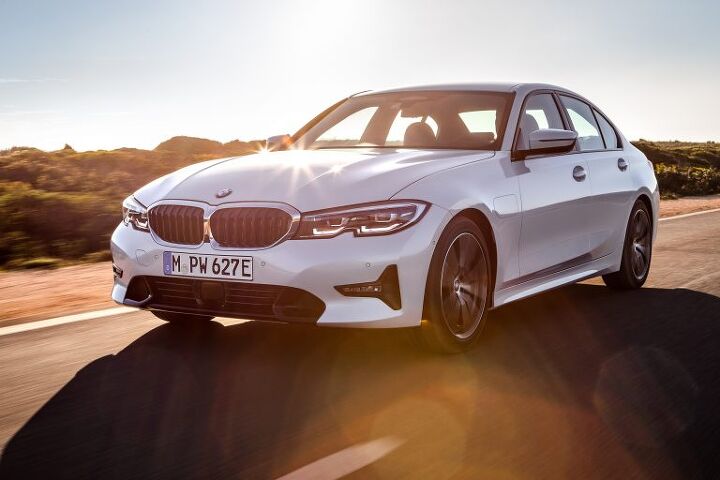
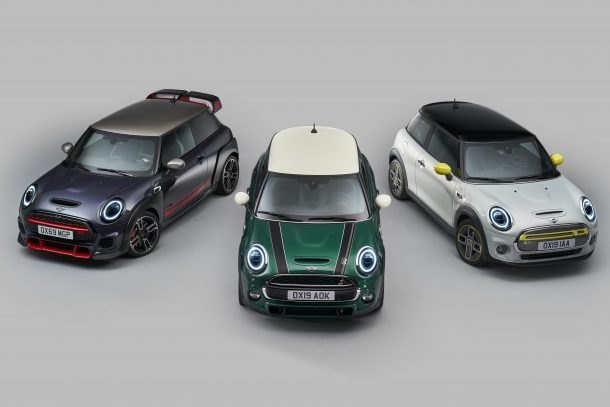
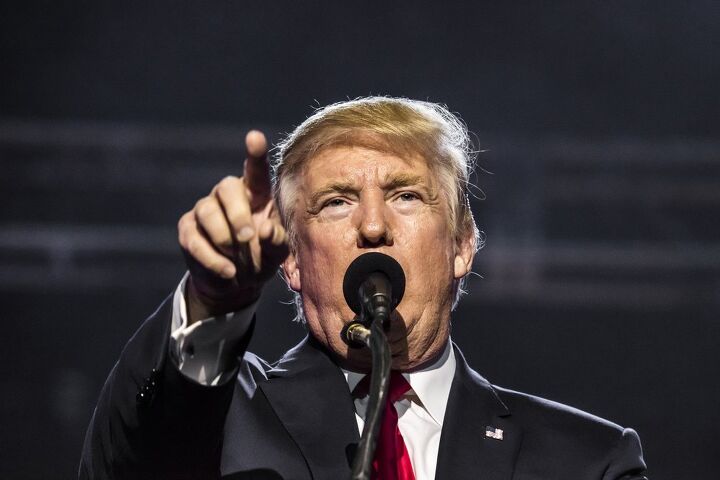
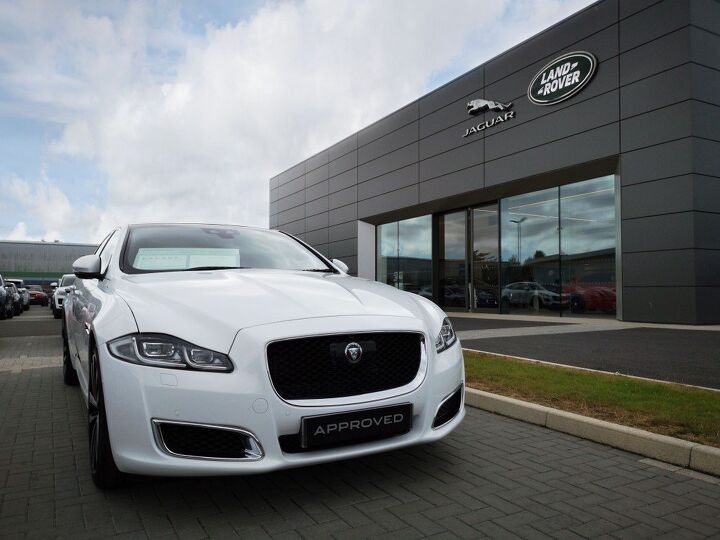





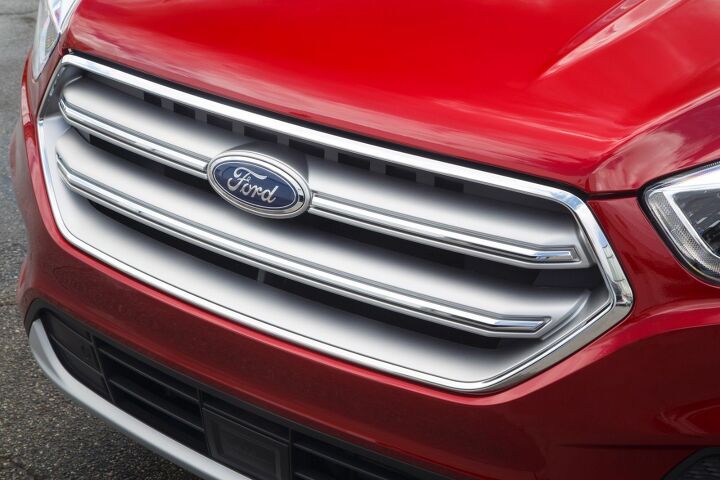


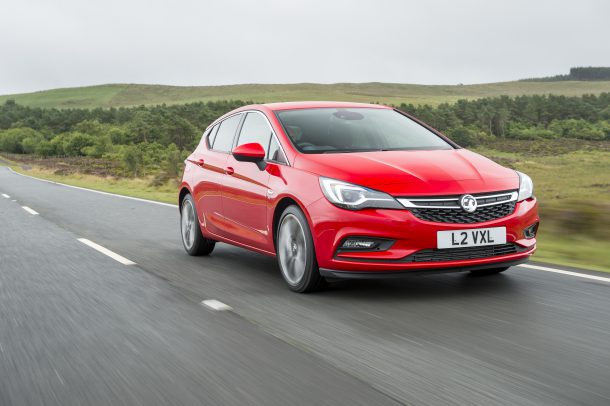














Recent Comments